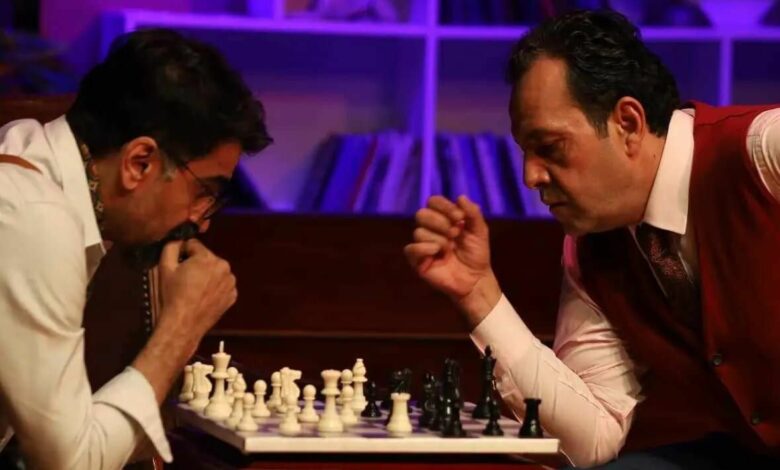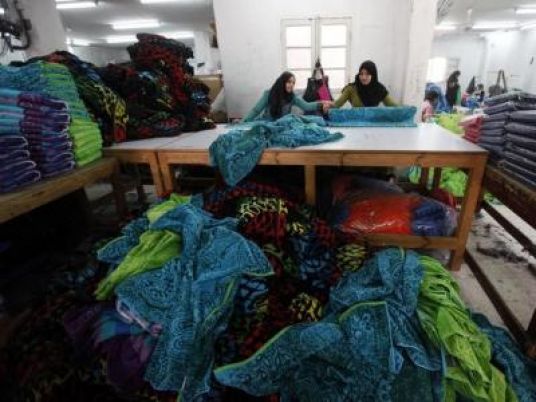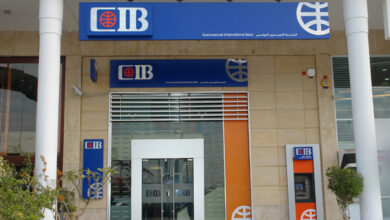
“We all have a blind spot, aspects of our personalities that we did not know existed. They affect our performance, success, and relations; and because we are not aware of it, we cannot do anything about it. The blind spot becomes a source of habits and behavioral patterns that keep us stuck. Because of this we cannot move forward or mature, because something unknown blocks us and pulls us backwards”.
– Mike Bechtle
Among the highlights of my recent trip to Egypt was attending “The Blind Spot,” a play that left a lasting impression with its exploration of self-discovery.
Adapted from the “Les Vacances” novel by Friedrich Durrenmatt, the play is directed by Ahmad Fuad, who managed to retell the novel’s story in a creative, theatrical manner by not setting it in a specific time or place – reflecting how Mike Bechtle, and many psychologists said that all humans do have a blind spot.
Hence, the question is what should human beings do to be set free of the shackles of their blind spot? Self-trial and admittance of wrong doings are the key to breaking free of the blind spot, and developing a real, clear vision of their inner selves.
It is a difficult formula – nonetheless the play succeeds in helping the audience delve into their souls and feel more empowered on their negative personal traits!
As you get involved with the play’s events and characters, a tangible linkage is gradually created through “theatrical coexistence”. You find yourself becoming one of the trial’s individuals, playing the trial game! Even though you’d rather wish to be someone free of this game, tried for your sins and relieved of the “blind spot.”
The display of the complex psychological analysis approach this play has undertaken deserve all the praise it received since its premiere on the Ghad Theatre. It was hailed by many as “outstanding” and “creative”, owing to the fact that all its theatrical elements are so well-integrated.
Examining each character individually, we see each actor bring their role to life with skill and nuance. Their deep connection with their characters allow the audience to intimately feel the human side.
The audience is transported into the heart of the drama, digging into the characters’ depths and confronting their own biases borne from their blind spots.
The music, lighting, and decor of the play are masterfully intertwined, employed in a creative, theatrical manner resulting in a three-sided triangle for the play’s success.
It is the first time I ever experienced such a theatrical experience in which all elements united to become such an aesthetic beacon.
The décor is rich with psychological meaning, as the music and lighting in numerous scenes provoke mental, symbolic signals to the audience.
From my own point of view, it is an unprecedented, theatrical experience. The play has truly exceeded aesthetic, sensory, intellectual and theatrical creativity.
In conclusion – many thanks for all those who participated in this outstanding theatrical work. Thanks also to all officials at the ministry of culture in Egypt for supporting the theatrical movement – proving indeed that Egypt is a beacon of culture and theatrical creativity for the Arab world.
Author’s biography
Nermine al-Houti is an associate professor of the Department of Criticism at the Higher Institute of Dramatic Arts in Kuwait.
She holds a PhD in Philosophy of Literary Criticism and is a graduate of the Higher Institute of Dramatic Arts.
Houti is a member of the Association of Writers and the Journalists Association, and is also part of the literary arbitration committees on theater or poetry in Kuwait and other Arab countries. She has authored numerous newspapers and magazines articles and several books on significant theatrical works examining women’s issues, the latest of being “The Women in Ismail Abdullah’s Theater”.
She has been chosen as a panelist in various significant cultural events and has participated in multiple seminars across the Arab region.




